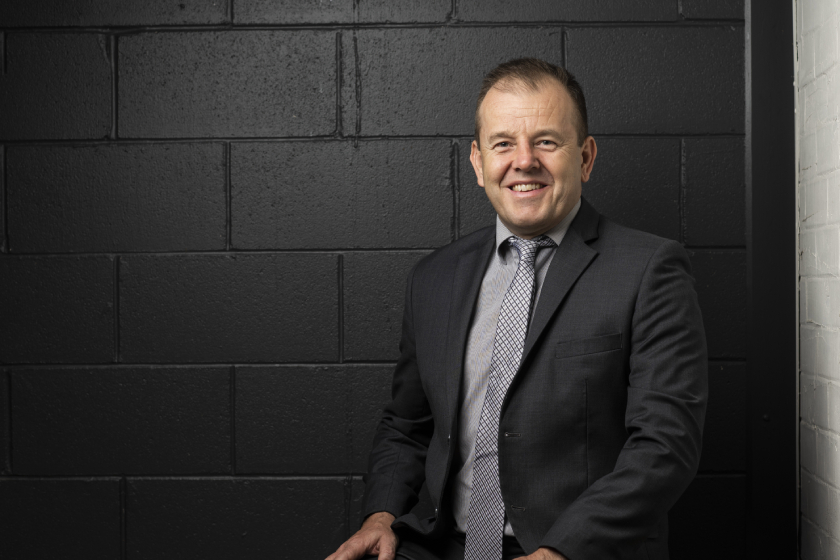ATO governance needs reform: IPA-Deakin SME Research Centre
The IPA-Deakin SME Research Centre has examined the shortcomings of the ATO’s governance model and proposed a Tax...
READ MORE
Last year, AstuteMed received the well-earned title of IPA Queensland Practice of the Year. The company’s director, Matt Connor, shares why he’s focused his career on one industry, and key lessons he’s learnt along the way.

I spent many of my university years working in various hospitality outlets. It was great to learn about events management, marketing, logistics and finance, but that experience predominantly helped to build my communication skills and the ability to work under pressure.
Event work is high pressure and long hours. It helped me to think on my feet and navigate the differing interests of a range of stakeholders throughout my accounting career.
I saw a gap in the market when we started Medical Tax & Accounting in 2005.
As well as doctors generally being time poor, there’s a lot of complexity in their financial affairs. From a tax accountant’s perspective, that complexity usually means they’re managing multiple income streams.
As doctors are professional service providers, there is an extra layer of tax planning complexity around compliance with professional service provider rules. This impacts on their business structuring. You have to be very precise to manage financial affairs within those parameters.
Two years ago we merged with Astute Advisory and became AstuteMed, retaining our core focus on medical practitioners.
There's no such thing as a peak. The nature of providing tax accounting services and advisory services to clients is that it’s always busy. You need to pace yourself otherwise you’ll burn out.
It’s tough starting a business when you’re the primary practitioner. You need to be able to lean on other people and build a team with committed employees who support one another. It’s the only way that everyone in the team can reach their full potential.
We’re always looking at how we adjust our processes to make them as efficient and effective as possible. That requires us to talk honestly with staff and clients, which might mean receiving feedback that isn’t complimentary of a process or an approach that you thought was spot on.
We experienced this recently when trying to automate the processing of client data. Collecting this data often requires us to speak with a doctor's billing administrator or practice manager, and we rely on them to provide correct information in a timely manner.
We were working with a surgeon who works out of multiple rooms, so we had to arrange with multiple administrators to get the information we needed.
We tried to have the relevant reports uploaded by them directly into the client’s document storage, but the administrator still wanted someone to send things via fax and have someone personally respond to confirm when information was received.
It shows that not everyone is comfortable with this sort of automation and you have to be flexible to balance efficiency with the human touch.